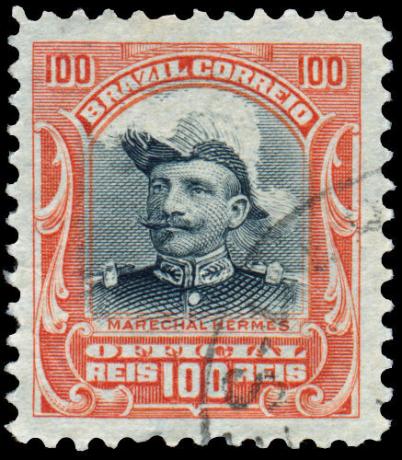Upon rising as supreme head of the monarchic state of Brazil, Dom Pedro I came to power to meet the wishes of an elite fearful of losing all the political and economic freedoms achieved during Dom João's government SAW. In this way, Dom Pedro I had his political support base situated between the merchants and landowners of the period.
However, the contradictions generated between the stability of the new power and the interests of the elites ended up breaking up this political agreement that gave legitimacy to the First Reign. In other words, the strong centralizing character of the government of D. Pedro I generated conflict between the new statesman and the elites who defended his coming to power.
During the elaboration of the Constitutional Charter itself, the relations between the members of the Constituent Assembly and Dom Pedro I started the crisis of the First Reign. Impassive to the constitutional text drawn up in 1823, D. Pedro decided to dissolve the assembly and himself, together with a small group of allies, write the first constitution of Brazil.
In 1824, the imperial government granted the Brazilian Constitution. According to its text, the political powers were divided into three fronts (Legislative, Executive and Judiciary) which would be subordinated to the presence of a fourth power, called the Moderator Power. Such power would be exercised by the emperor and, using his attributes, the king could overturn any other decision established by the other powers.
The excessive power taken by Dom Pedro was the target of protests and dissatisfaction from the majority of political representatives at the time, mostly linked to the interests of the elites. At the same time, the strong Portuguese presence in government seats and the king's involvement with political issues in Portugal – as in the case of the succession to the Portuguese throne – placed under suspicion the commitment of Dom Pedro I to defend the interests of the Brazilian nation.
As if the political disagreements were not enough, the king's lack of boldness in economic matters also contributed to his downfall. Contracting debts with England and spending money on the War of Cisplatin strengthened the opposition movement. In 1829, the bankruptcy of Banco do Brasil aggravated the repudiation of the imperial powers. Thus, the victory of the opposition, in 1830, showed signs of the political weakening of Dom Pedro I.
Coupled with criticism of his government, another scandal worsened the emperor's image. In 1830, the assassination of the opposition Libero Badaró provoked a wave of attacks against Dom Pedro I. According to some newspapers at the time, the lack of a detailed investigation into the crime would be a strong indication of the king's involvement in Badaró's death.
In Rio de Janeiro, several confrontations between Brazilians and Portuguese represented the lack of recognition of the imperial government. The Noite das Garrafadas, which took place at the beginning of 1831, was marked as the greatest of these anti-Portuguese demonstrations. Still trying to regain prestige, in March of that year, Dom Pedro I announced a body of ministers made up only of Brazilians.
Dom Pedro I's maneuver was already late. The military joined the opposition movement to his government and the chamber of deputies became a stronghold of criticism of the king's presence. Seeking to retaliate against the rebels, Dom Pedro dissolved his council of ministers and formed a new council dominated by the Portuguese.
Without achieving the expected success, a group of soldiers and people concentrated in Campo de Santana threatened the integrity of Dom Pedro I. Due to the embarrassing situation, the emperor abdicated the throne on April 7, 1831.
Do not stop now... There's more after the advertising ;)
By Rainer Sousa
Master in History
Would you like to reference this text in a school or academic work? Look:
SOUSA, Rainer Gonçalves. "End of First Reign"; Brazil School. Available in: https://brasilescola.uol.com.br/historiab/fim-primeiro-imperio.htm. Accessed on June 27, 2021.


